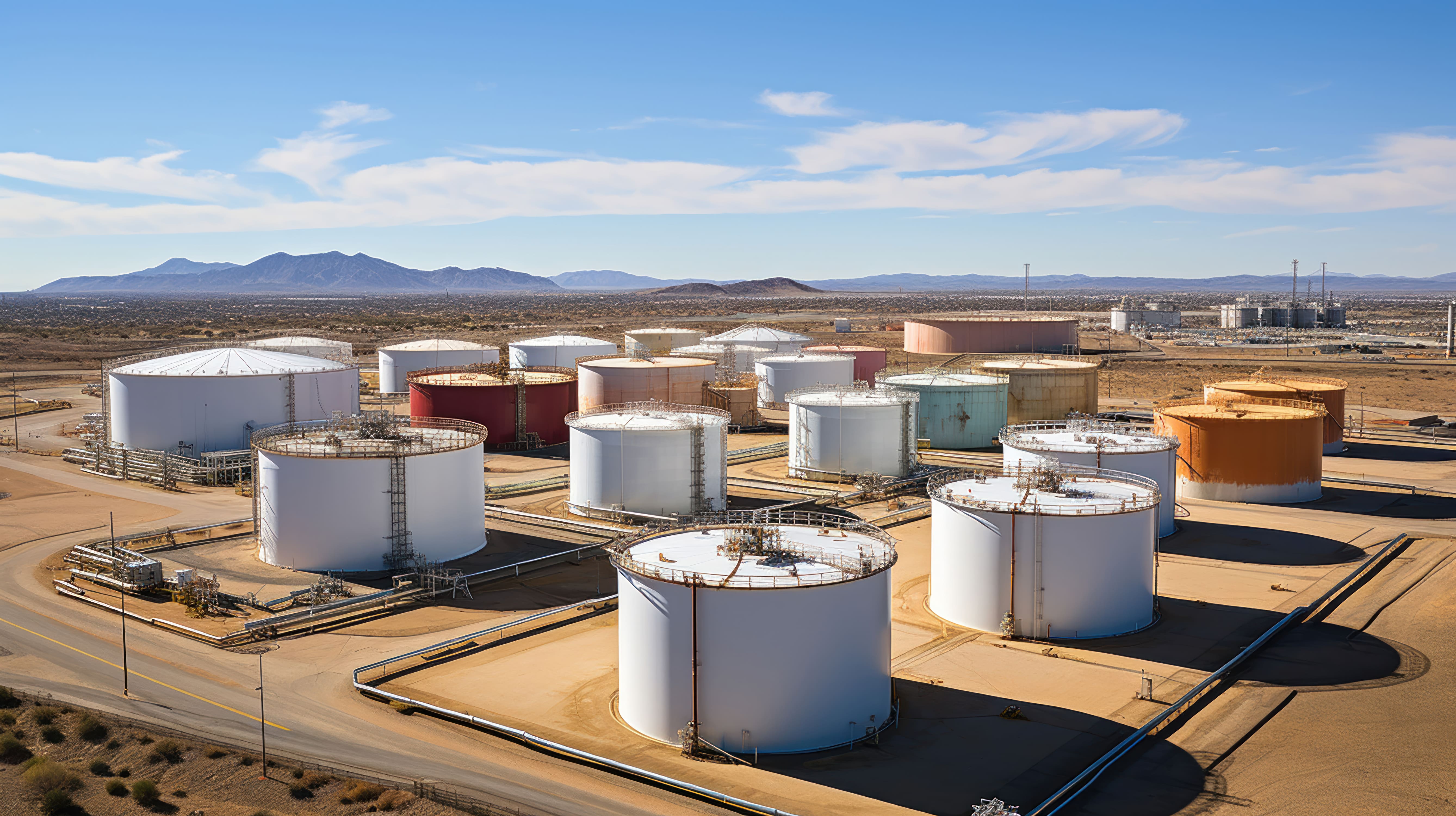Power plants play a pivotal role in meeting the ever-growing demand for electricity in our modern world. To ensure a reliable and uninterrupted power supply, the heart of any power plant lies in its generators. A good generator is indispensable for the smooth functioning of a power plant, and its importance cannot be overstated. In this article, we will explore the reasons why power plants need high-quality generators.
Reliability and Continuity of Power Supply: The primary function of a power plant is to generate electricity consistently. A high-quality generator ensures the reliability and continuity of power supply, minimizing the risk of power outages. This is especially crucial in industries, hospitals, data centers, and other critical infrastructure where even a momentary power interruption can have severe consequences. Efficient Energy Conversion: Power plants are designed to convert various forms of energy into electricity. Whether it's coal, natural gas, hydroelectricity, or renewable sources, the energy must be efficiently converted into electrical power. A good generator maximizes this conversion efficiency, ensuring that a significant portion of the input energy is transformed into usable electricity. Maintenance of Grid Stability:
TheGenerators play a vital role in maintaining grid stability. They act as a balancing force, compensating for fluctuations in power demand. Quality generators are equipped with advanced control systems that enable them to respond swiftly to changes in load, ensuring a stable and secure electrical grid. Longevity and Durability: Power plants are massive investments, and the components within them need to withstand the test of time. A good generator is built with durability in mind, capable of operating continuously for extended periods without significant wear and tear. This longevity minimizes downtime for maintenance, contributing to the overall efficiency of the power plant. Optimized Fuel Consumption: Power plants consume vast amounts of fuel to generate electricity. A high-quality generator is designed to optimize fuel consumption, ensuring that energy is produced with minimal waste. This not only contributes to cost savings but also reduces the environmental impact of power generation by lowering emissions per unit of electricity produced. Adaptability to Varied Operating Conditions: Power plants operate in diverse environments and under various conditions. Generators need to adapt to fluctuations in temperature, humidity, and load demand. Quality generators are equipped with advanced control systems and robust construction that allows them to perform reliably under a wide range of operating conditions. Compliance with Environmental Standards: With increasing concerns about environmental sustainability, power plants are under pressure to meet strict emission standards. High-quality generators often incorporate advanced technologies to minimize emissions, helping power plants comply with environmental regulations and contribute to a cleaner and greener energy landscape.
Conclusion: In conclusion, the importance of a good generator in a power plant cannot be overstressed. Its role in providing a reliable power supply, optimizing energy conversion, ensuring grid stability, and adhering to environmental standards is paramount. Investing in quality generators is not only a prudent business decision for power plant operators but also a crucial step towards building a resilient and sustainable energy infrastructure for the future.

